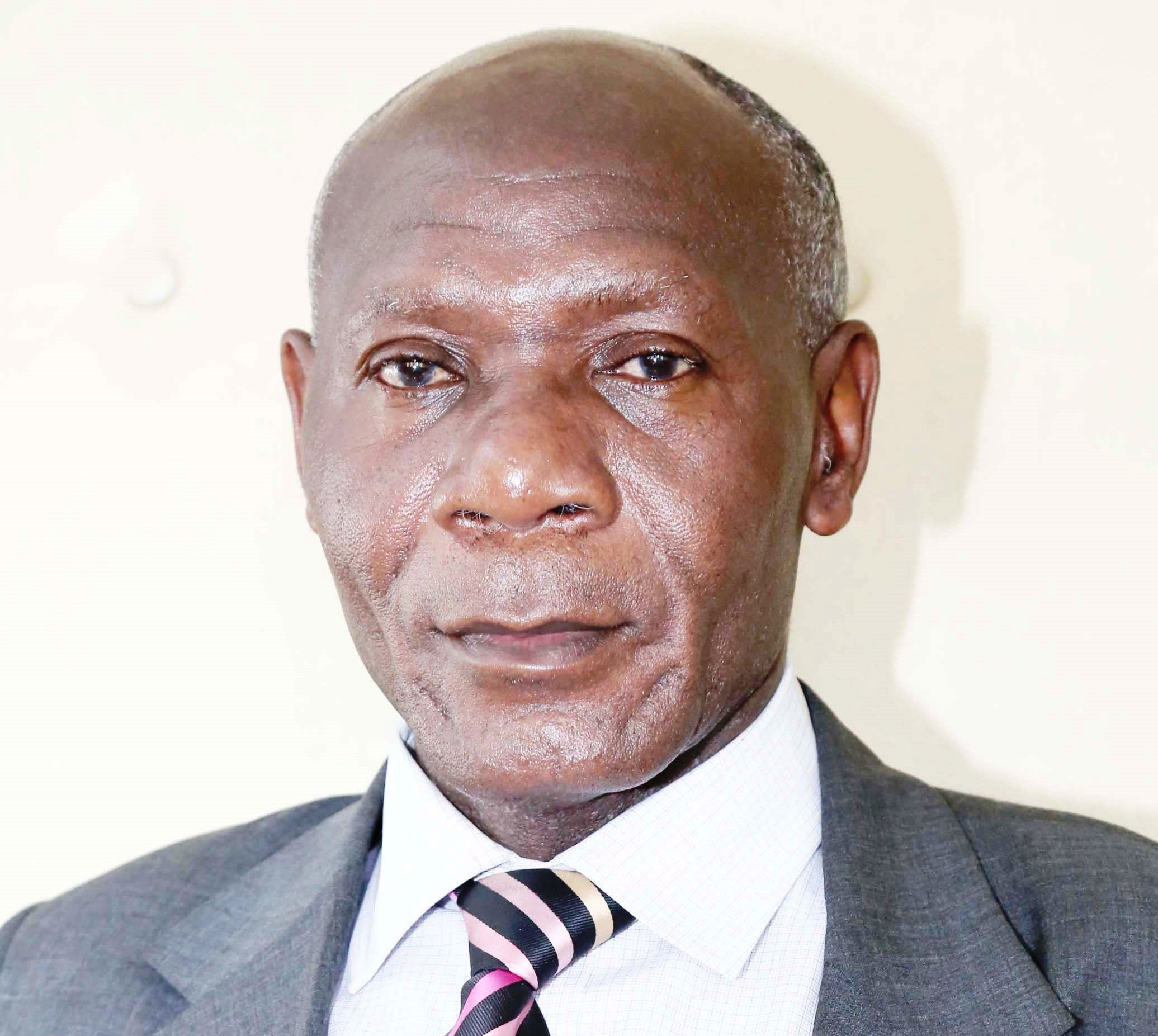By Kennedy Buhere
Some people have the belief that some children have inborn abilities for Art subjects while others have for Mathematics and Science Subjects.
Arising from this belief is the notion that students who are good in either cannot be good in the other.
However, it’s worth noting that this belief has no educational basis whatsoever.
The foundation of our national education policy, curricular and standards is that every child is educable hence the state should develop the child’s powers, intellectual, moral and spiritual, to the fullest possible extent.
The policy is that the intellectual or mental capabilities of the child have the capacity to embrace all knowledge and skills, human and natural, and its application to solving problems.
This explains the broad curriculum and balance we see in primary and secondary schools.
Curricula in national education systems around the world are designed to expose the youngest children to a broad and ambitious curriculum in the hope of identifying one or more areas where each child excels or is motivated to learn.
Get more stories from our website: Education News
You can also follow our social media pages on Twitter: Education News KE and Facebook: Education News Newspaper for timely updates.
A broad and balanced curriculum provides for a reasonably wide range of subjects and topics for a child to learn. It promotes a broad range of knowledge and skills and allows children to discover and pursue their own particular interests and inclinations later in life.
The curriculum also provides greater learning space and widens students’ knowledge base for multi-layered development.
Consequently, the capacity to appreciate Arts and humanity subjects on one hand and Mathematics and Sciences on the other are not mutually exclusive.
The capacity of the human mind to understand things is unlimited. Intellectual history is replete with famous people whose abilities embraced the world of Mathematics and Science on one hand and that of Arts and Humanities on the other.
Turning children against one trajectory of the curriculum unforgivably limits their potential.
Unfortunately, some school cultures have invented devious ways of making children lose interest in Mathematics and the Sciences.
Naughty students in senior grades spread a phobia for Mathematics and Science among lower secondary school students. Regrettably, some of the teachers of Maths and Science subjects spark an aversion in students for Mathematics and Science subjects.
Mischievous teachers send signals into the atmosphere suggesting that Maths and Science subjects are for men. Girls having difficulties understanding not the entire subject but some topics, lose interest in the subjects.
Either way, students who had a fairly good foundation for Maths and Science from primary school chicken out .
Suffice it to say, we have lost many would-be doctors, engineers, surveyors, architects and technologists through this unprofessional behaviour.
The negative attitudes majority of students have had towards Maths and Science are partly contributed by adults who spread the superstition that the two disciplines are like water and oil or deviously thwart students’ interest in the Sciences to enable us, the teachers, have less workload.
The object of mathematics is about natural phenomena. The responsibility of a Math and Science teacher is to make students understand nature and the use and application of mathematical and scientific principles.
Arts, Mathematics and the Sciences have a sphere of knowledge. All children need to have good brains.
The brain has a mind or an intellect with ability to know and comprehend ideas when properly explained. The human mind has the ability to think conceptually and abstractly.
The key to easing students’ understanding of Maths and Science is the same key that enables them to understand art subjects.
A deputy Director in the Ministry of Education, Dr. William Sugut, told me that not so long ago, he had a debriefing session with a Mathematics teacher.
“Why do you think the students in this school perform poorly in Maths?” He probed.
“I think the students are weak,” Sugut recalled the teacher saying.
“ How is it possible that the students are weak in Maths and yet they also score As in History?” Dr Sugut posed.
He underscored a philosophical truth about education: the brain that gets an A in history has the ability to get an A in any other subject including Mathematics and Science, except for factors that have little to do with the child’s brain.
Buhere is a Communications Officer, Ministry of Education.






